Summer’s here, and that means we’re cooking outdoors. Whether you’re a hard-core, wood-fired, slow-smoked barbecue aficionado or just enjoy a little sunshine while the zucchini chars on the gas grill, we’ve got you covered. So light the fire, open a cold one, and get cooking.
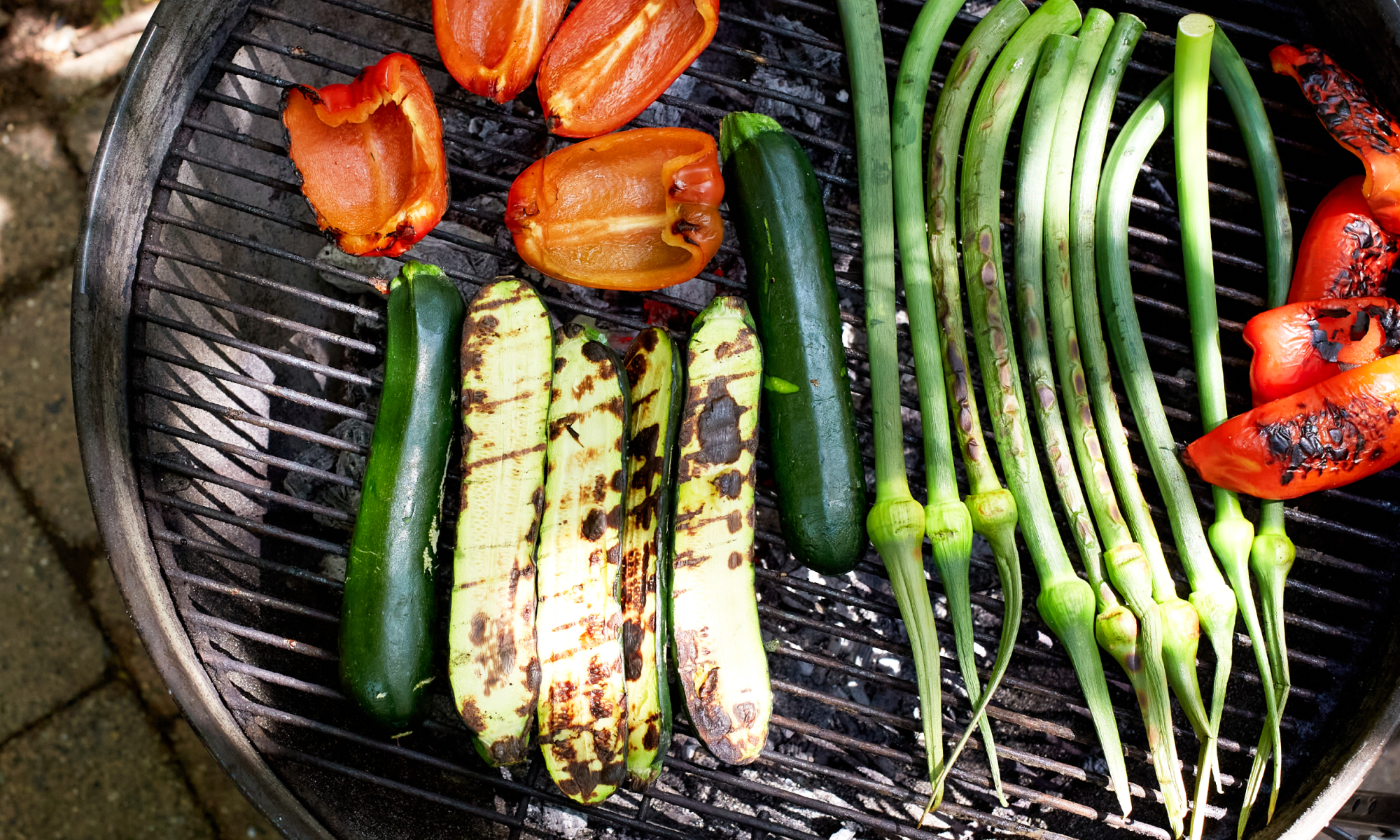
While everybody loves barbecue, nobody really knows what it means. The word itself likely comes from the Spanish barbacoa, which in turn probably derives from barabicu, what the Arawak of the Caribbean and Florida’s Timucua called a framework of sticks set on posts. Now we use it as a noun, verb, and adjective, all with different meanings depending on where you are.
"Barbecue can be a piece of meat slowly cooked over a smoky wood fire, a gathering of friends cooking almost anything outdoors, or the appliance that holds whatever’s being cooked over flames."
Barbecue can be a piece of meat slowly cooked over a smoky wood fire, a gathering of friends cooking almost anything outdoors, or the appliance that holds whatever’s being cooked over flames. The sticklers who insist that the word only applies to the cooked meat argue whether that means pork, beef, chicken, or mutton. The type of barbecue sauce or even if there should be any sauce at all engenders even more bickering, with die-hard factions for vinegar, mustard, and tomato-based sauces lined up behind their local preference.
Those same hair-splitters get especially riled up when they hear “we’re having people over for a barbecue” or “let’s throw some steaks on the barbecue.” But perhaps they’ve forgotten that proto-barbecues involved large chunks of meat meant to feed a big crowd and the very first use of the word referred to the set-up for holding it over the fire.
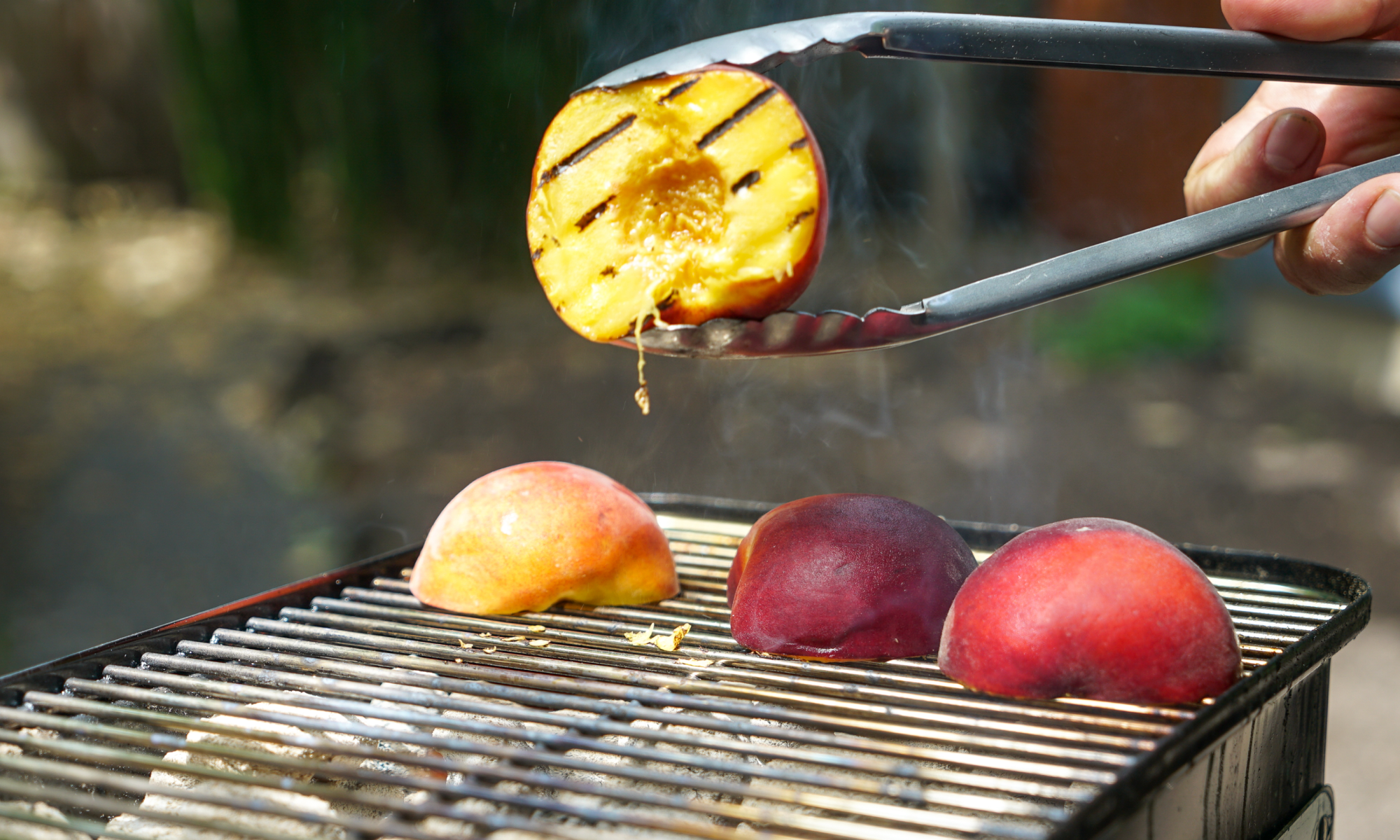
To be honest, we don’t really care. We love to cook outdoors, preferably over a real fire but we’ll happily eat burgers off a gas grill. We’re pro-sauce and like all of the regional variants as long as they’re delicious. We grill more than we barbecue, meaning our meats and vegetables get cooked right over the heat and relatively quickly. They still get kissed by the smoke, but we’re not tending the pit for hours.
Every cookout needs sides, and our semi-creamy coleslaw and picnic limas taste great alongside anything that comes off the grill. And if we’ve got a fire going, we’re grilling vegetables. Read Jim’s grilled vegetable manifesto, then make this spicy sour cream to go with your zucchini.
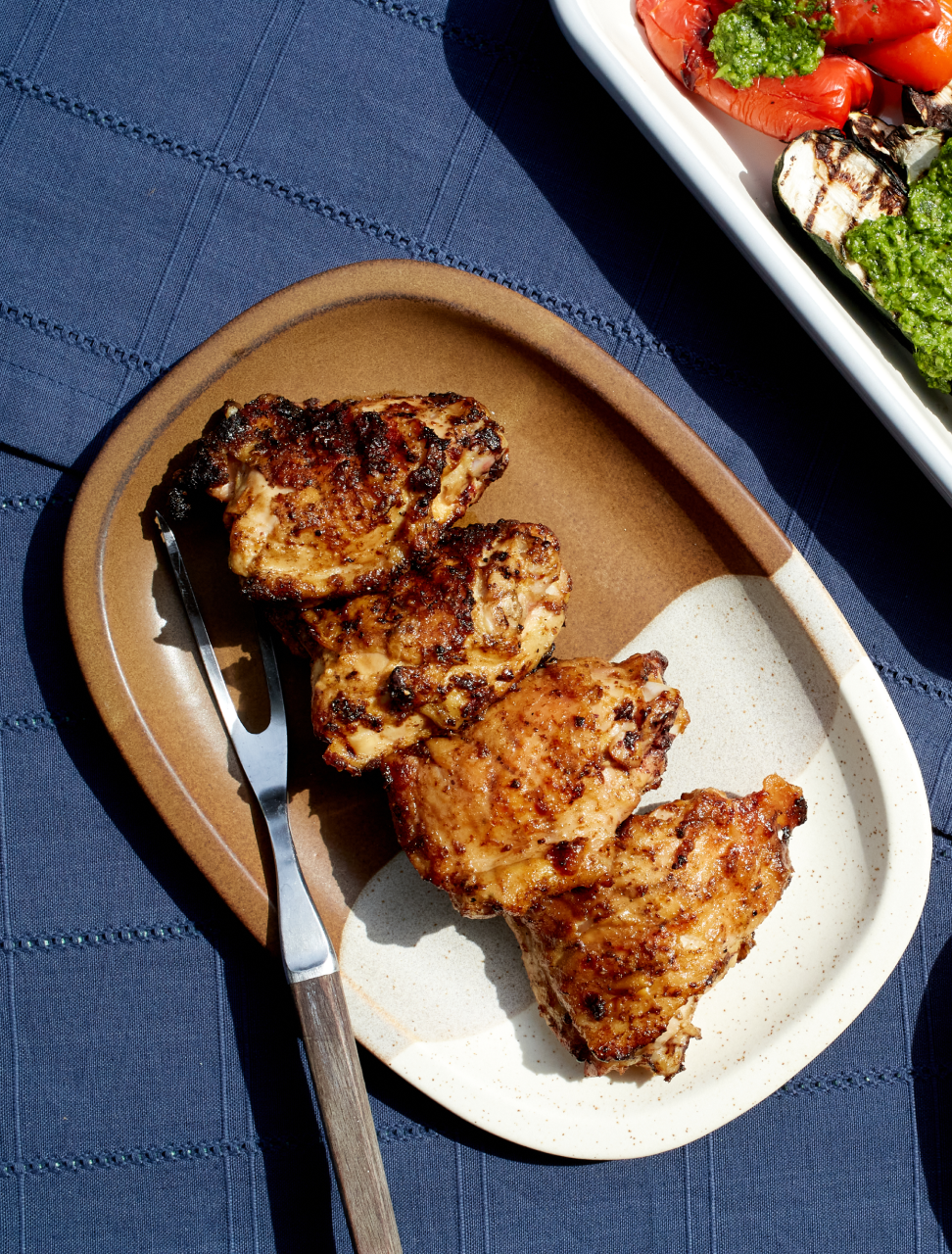
Alabama White Sauce
Created as a dip for whole barbecued chickens, Alabama white sauce is even better used as a mop sauce. We like thighs, but it works on every part of the bird.
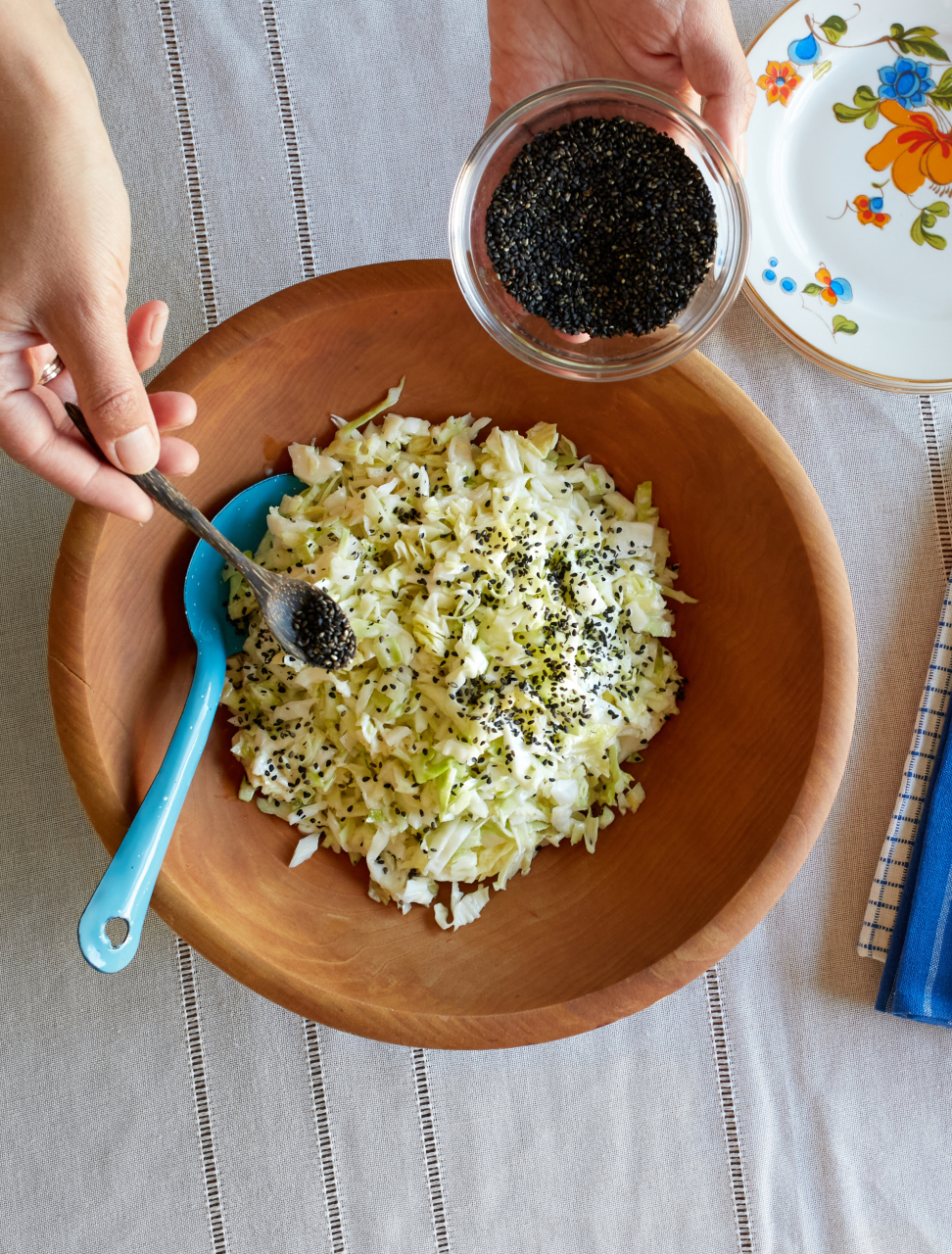
Semi-Creamy Coleslaw
Our simple, semi-creamy coleslaw works for both sides of the mayo divide.
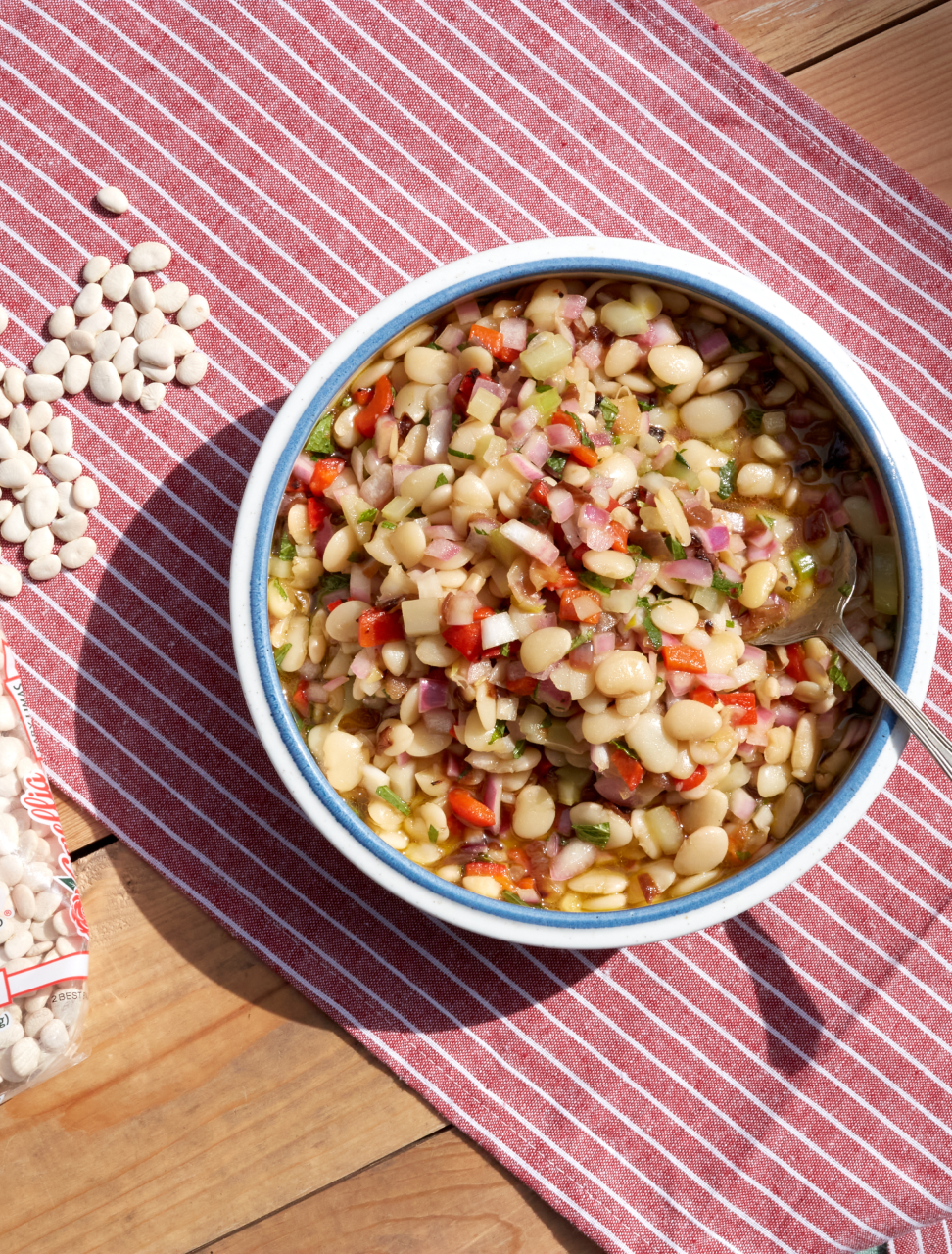
Picnic Limas
Take these sweet and tangy baby lima beans on your next picnic, even if it’s inside at your kitchen table.
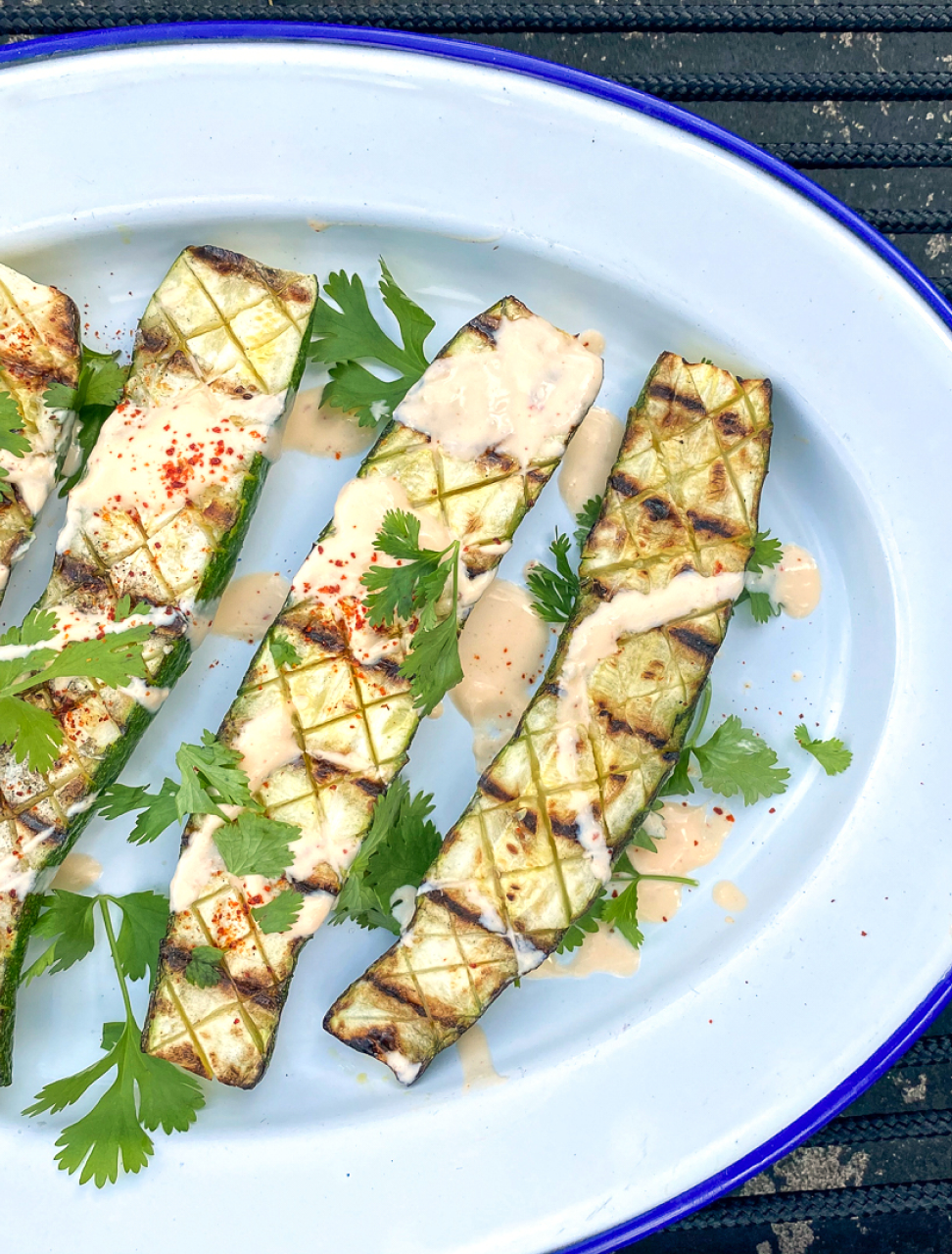
Grilled Zucchini with Spiced Lime Sour Cream
Adapted from Aaron Hutcherson, the tangy sour cream makes simple zucchini special.
